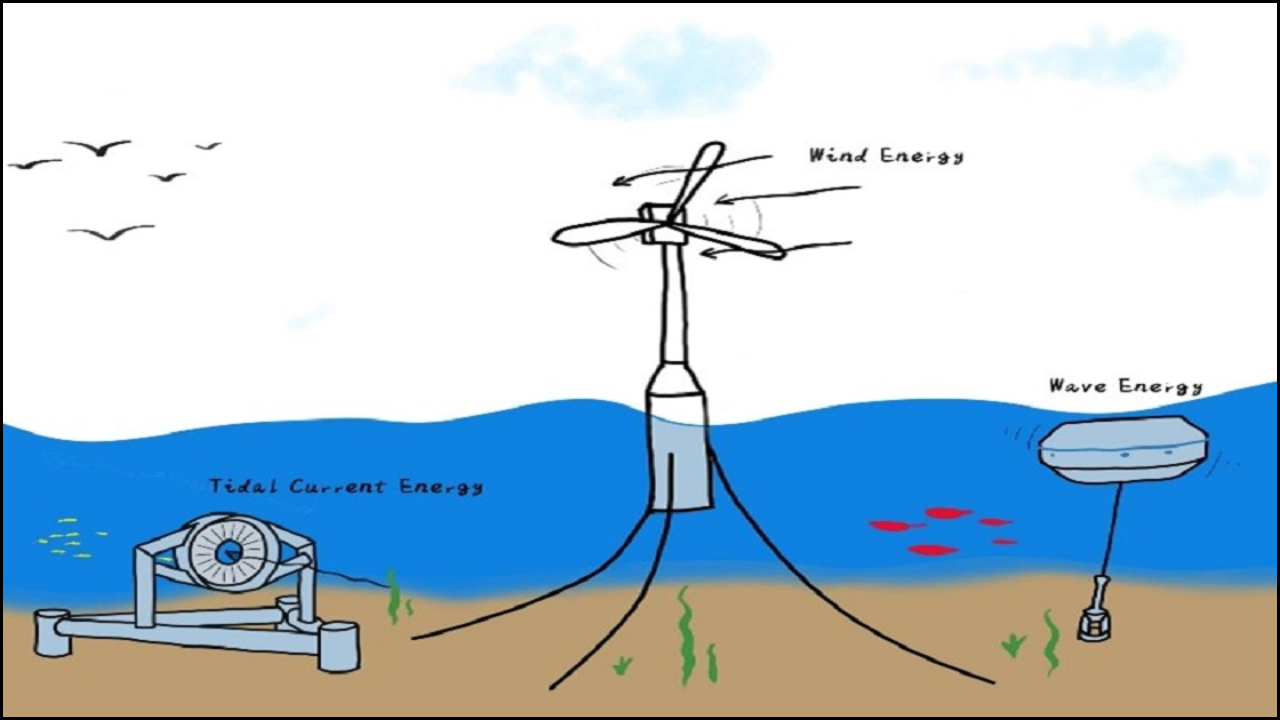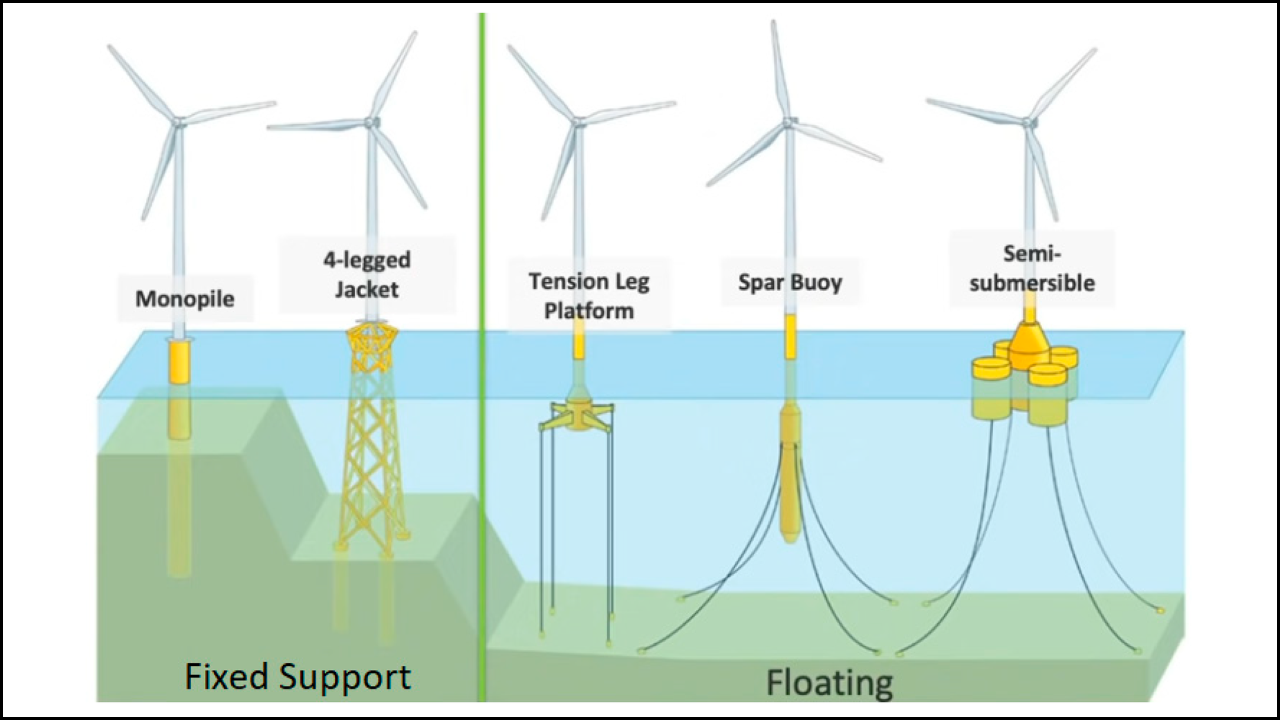
Modern slavery remains one of the most severe human rights violations of our time. Offshore Renewable Energy Catapult (ORE Catapult) recognises the importance of addressing this issue and upholds the principles of ethical trade, transparency, and accountability. This Modern Slavery Statement is prepared pursuant to Section 54(1) of the Modern Slavery Act 2015 for the financial year ending 31 March 2026. The document outlines the ongoing commitment of ORE Catapult to prevent modern slavery and human trafficking within its operations and supply chains while ensuring responsible business practices across all levels.
Table of Contents
About ORE Catapult
Organisation Overview
- Name: Offshore Renewable Energy Catapult (ORE Catapult)
- Focus Area: Research, technology, and innovation in offshore renewable energy
- Operations: From Aberdeen to Cornwall, across multiple UK locations
- Core Activities:
- Testing and validation of renewable energy technologies
- Research and development (R&D) collaborations with industry and academia
- Supply chain growth through strategic partnerships
- Governance Structure: Operated through a group of companies, managed by ORE Catapult as the parent organisation
Collaborative Framework
- Partnership with universities, industry experts, and consultants to accelerate innovation
- Investment in test facilities and technology validation platforms
- Procurement team dedicated to ethical sourcing and supplier assessment
Commitment to Ethical Practice
Organisational Priority
- Ethical Trade: Ensuring all transactions and relationships are transparent and lawful
- Responsible Sourcing: Evaluating suppliers for compliance with human rights standards
- Zero Tolerance Policy: Complete rejection of slavery, forced labour, and human trafficking
- Continuous Monitoring: Identifying risk areas across all supply chain segments
Human Rights Perspective: ORE Catapult recognises that risks of slavery and human trafficking can exist across industries, geographies, and tiers of supply chains. Maintaining ethical integrity requires constant vigilance, proactive engagement, and collaboration with partners who share the same commitment.
Policies and Procedures
Key Internal Policies Supporting Modern Slavery Prevention
| Policy / Procedure | Purpose and Implementation |
|---|---|
| Business Conduct Policy | Defines ethical expectations for all employees, suppliers, and stakeholders. Promotes integrity, respect, and fairness in business dealings. |
| Internal Modern Slavery Policy | Reinforces ORE Catapult’s zero-tolerance stance and sets out clear reporting and compliance mechanisms. |
| Procurement Policy | Ensures compliance with legal frameworks and ethical procurement practices when sourcing goods and services. |
| Supplier Due Diligence | Requires suppliers to disclose anti-slavery measures and provide supporting policy documents. Non-compliant suppliers must adhere to ORE Catapult’s internal standards. |
| Whistleblowing Policy | Encourages employees and partners to report unethical practices safely and confidentially without fear of retaliation. |
| Recruitment and Employment Practices | Ensures fair recruitment processes, including pre-employment screening, right-to-work checks, and identity verification. |
| Policy Review Cycle | Conducts periodic reviews to strengthen internal frameworks and reflect evolving legislation or best practices. |
Risk Identification and Mitigation
Steps to Reduce Modern Slavery Risks
- Risk Identification:
Evaluating areas of potential vulnerability within the organisation and its supply chain. - Risk Assessment:
Assessing suppliers and partners based on geographic exposure, labour practices, and industry type. - Mitigation Strategies:
- Implementing corrective measures for suppliers identified as having potential risks.
- Enforcing supplier adherence to ethical conduct codes.
- Reviewing procurement processes to ensure transparency.
- Monitoring Mechanisms:
- Tracking compliance through supplier audits and annual reviews.
- Regular updates to the procurement database to maintain accurate supplier risk profiles.
ORE Catapult’s Risk Mitigation Framework
| Process | Action Steps | Outcome Expected |
|---|---|---|
| Supplier Screening | Pre-onboarding assessment to confirm compliance with labour standards. | Verified ethical supply base. |
| Contractual Clauses | Inclusion of anti-slavery terms in supplier agreements. | Legal reinforcement of ethical expectations. |
| Performance Reviews | Ongoing evaluation of supplier performance. | Consistent compliance and quality assurance. |
| Incident Response | Immediate investigation of any reported violations. | Swift corrective action and accountability. |
Communication and Training
Awareness and Engagement Strategies
- All employees are required to familiarise themselves with ORE Catapult’s anti-slavery and ethical conduct policies.
- New staff members are introduced to these guidelines during induction sessions.
- Teams in procurement and human resources receive continuous professional development training to remain updated on emerging risks and global best practices.
- Internal communication channels are used to promote awareness and encourage proactive reporting of unethical activity.
Key Training Objectives
- Understanding modern slavery definitions and indicators
- Recognising high-risk supplier behaviour
- Ensuring ethical decision-making in daily operations
- Empowering employees to act responsibly and report concerns
Training Implementation
| Target Group | Training Focus | Frequency |
|---|---|---|
| Procurement Team | Supplier evaluation, compliance checks, and due diligence. | Annually |
| HR Department | Ethical hiring, fair labour standards, and reporting protocols. | Biannually |
| All Employees | General awareness on modern slavery prevention. | On induction and refreshers as needed |
| Management Team | Policy implementation oversight and governance. | General awareness of modern slavery prevention. |
Ongoing Monitoring and Continuous Improvement
Review and Evaluation Measures
- Annual assessment of supply chain risk areas and corrective actions taken.
- Engagement with third-party auditors to ensure unbiased evaluation.
- Strengthening internal compliance procedures through digital tracking systems.
- Incorporation of employee and supplier feedback to improve transparency.
Future Plans
- Expansion of supplier audits to cover all tiers of the supply chain.
- Collaboration with industry associations to share anti-slavery best practices.
- Introduction of enhanced reporting dashboards for real-time compliance tracking.
Indicators of Success
- 100% supplier compliance with modern slavery requirements.
- Increased employee participation in anti-slavery training.
- Documented improvements in ethical procurement performance.
Closing Reflections
Commitment to human rights defines the ethical foundation of ORE Catapult’s operations. The organisation strives to create a transparent, fair, and responsible supply chain by continuously improving its monitoring systems, policies, and training programs. Modern slavery prevention remains an integral part of ORE Catapult’s mission to foster innovation responsibly within the renewable energy sector. Each policy, practice, and partnership reflects the organisation’s belief that sustainable progress can only be achieved when respect for human dignity stands at the core of every business activity.




